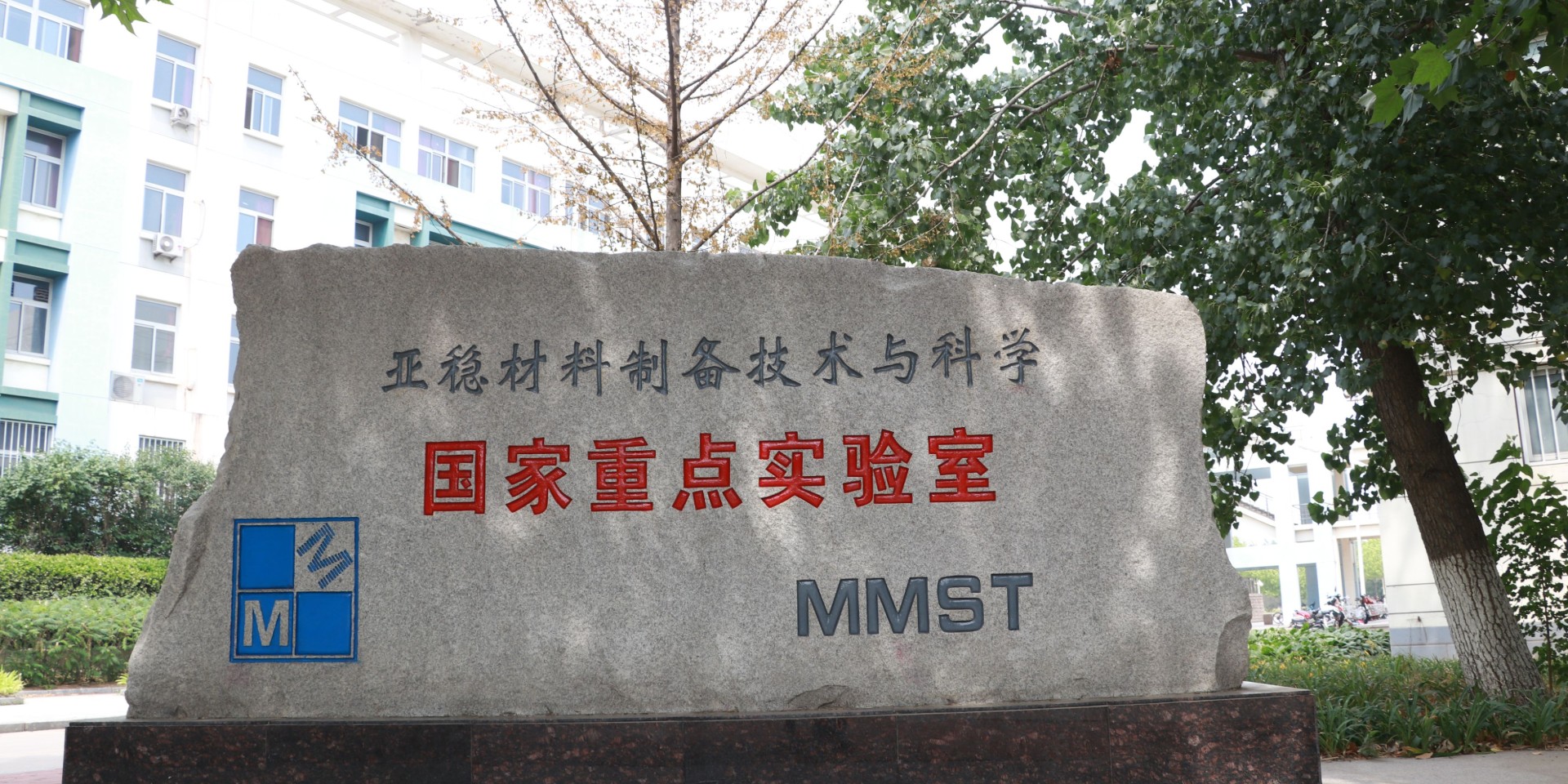报告题目:Magnetism in 2D materials by transition element doping
报告人:Jiabao Yi,School of Engineering, Global Innovative Center for Advanced Nanomaterials, University of Newcastle, Australia
时 间:2019年6月13日(星期四)下午15:00
地 点:材料馆A323
Abstract:
Magnetic element doping in semiconductors have been one of the critical techniques to achieve both spin and semiconductor behavior for spintronics devices [1]. To achieve intrinsic ferromagnetism is of challenge. Recently, the magnetism in 2D materials have attracted wide attention. Transition element doping to induce ferromagnetism has been extensively reported. In this presentation, I will introduce both theoretical calculations and experimental results on magnetic element doped 2D materials. From first principles calculations, it shows defects or defect complexes play important role in the magnetism [2]. In addition, ferromagnetism can be tuned by strain [3]. Experimentally, we observe room temperature ferromagnetism in magnetic element doped 2D materials. Especially, giant coercivity and extremely high magnetization have been observed in magnetic element doped MoS2. Defects and shape anisotropy play critical roles in the high magnetization and coercivity [4,5]. In this presentation, I will also introduce our newly established center and the research on nanoporous materials synthesis and their applications in catalyst, battery, solar cell and bioapplications.
References:
[1]H. Saaoudaoui, et al.Phys. Rev. Lett.117, 227202 (2016).
[2] Yiren Wang, Sean Li, and Jiabao Yi,Scientific Report, 6, 24153 (2016).
[3] Shuan Li et al.Journal of Physical Chemistry Letters, 8, 1484(2017).
[4] Sohail Ahmed et al.Chemistry of Materials, 29, 9066 (2017)
[5] Sohail Ahmed et al. (to be submitted).
Biography:
Dr Jiabao Yi received his PhD from Department of Materials Science and Engineering, National University of Singapore in 2008. He then joined as a senior lecturer in University of New South Wales 2011. In 2018, he moved to University of Newcastle. He is currently a Future Fellow/Associate professor in School of Engineering, Global Innovative Center of Advanced Nanomaterials. Dr. Yi has published more than 130 SCI articles, which receive over 6000 citations. Dr Yi received several prestigious awards, including Lee Kuan Yew postdoctoral fellowship, Queen Elizabeth II fellowship, and Future Fellowship. His current research interest focuses on the magnetic materials, oxide electronics, diluted magnetic semiconductors, and 2D materials.
